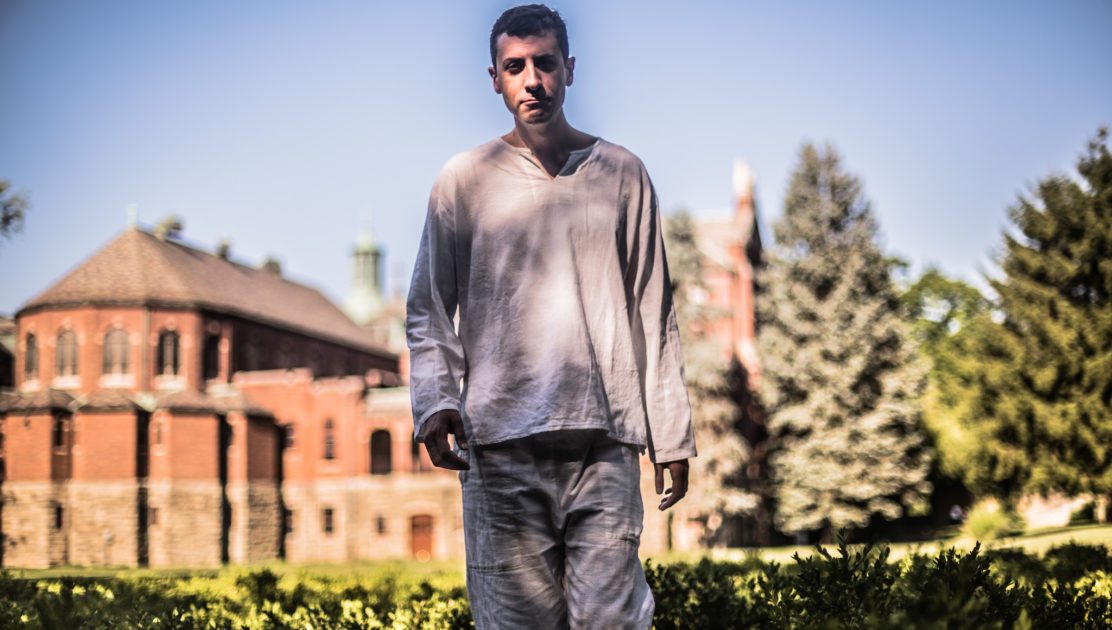Countercultural Contemplation
By Chris MarbloThe Franciscan contemplative Richard Rohr wrote that “contemplation is a long, loving look at what really is.” This orientation is powerfully countercultural. Forces – human, cultural, technological – make it difficult to adopt this contemplative stance; one must often stand outside of cultural norms to do so.
The first challenge is with the word “long.” Rohr means sustained, deep, and committed – a stance counter to the fragmented ways we often experience time and frame commitments in our modern age. There is so much stimulation, so many ways to shift attention, so many shiny new things to distract us from sustained focus. Of course, many of our technological tools induce this displacement. It takes real effort and commitment to move from transitory to transformative, and the ways we conceive of and practice our relationship with time – and become more comfortable with the long view – is key to the contemplative orientation that Rohr speaks of.
And what of “loving”? We all want and celebrate love. Kindred states like kindness and compassion are all good. But so much of what fills our cultural space is coarse, aggressive, and unkind. Political personalities, media memes, and public discourse can all be debasing and dehumanizing. And then there are the very real sufferings and afflictions of being human, when being loving loses to being lost or cast aside or torn asunder. To adopt and maintain a loving look at ourselves and the world is, accordingly, difficult – but also necessary to our continued evolution as human beings living interdependent lives. Love is the foundation of contemplation.
And a sustained and loving look is a precursor to having a chance of knowing “what really is,” because the forces that promote what really isn’t are prevalent in our society. This is one reason why people on the margins of society are often living more holistic lives. They swim in different and often deeper waters and are not so concerned with the dominant and central currents of power, prestige, and pride – and can more easily sustain a relationship to the long term, to a life rooted in love, and to experiencing what really is.
So while the contemplative orientation Rohr describes may be countercultural today, it is the primary goal of the Garrison Institute to make it fully mainstream tomorrow – and to promote the transformative power of our singular and collective long, loving look at what really is.
